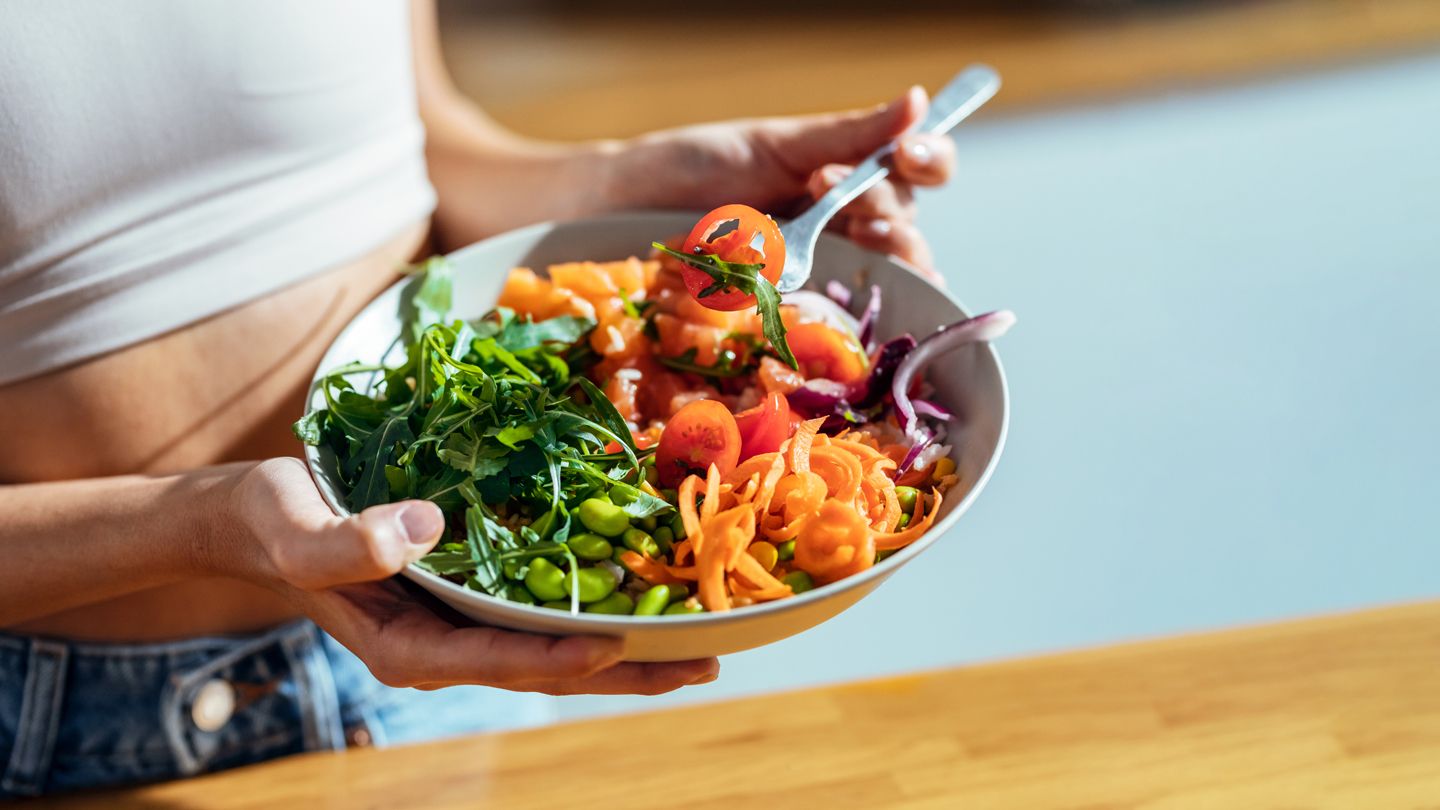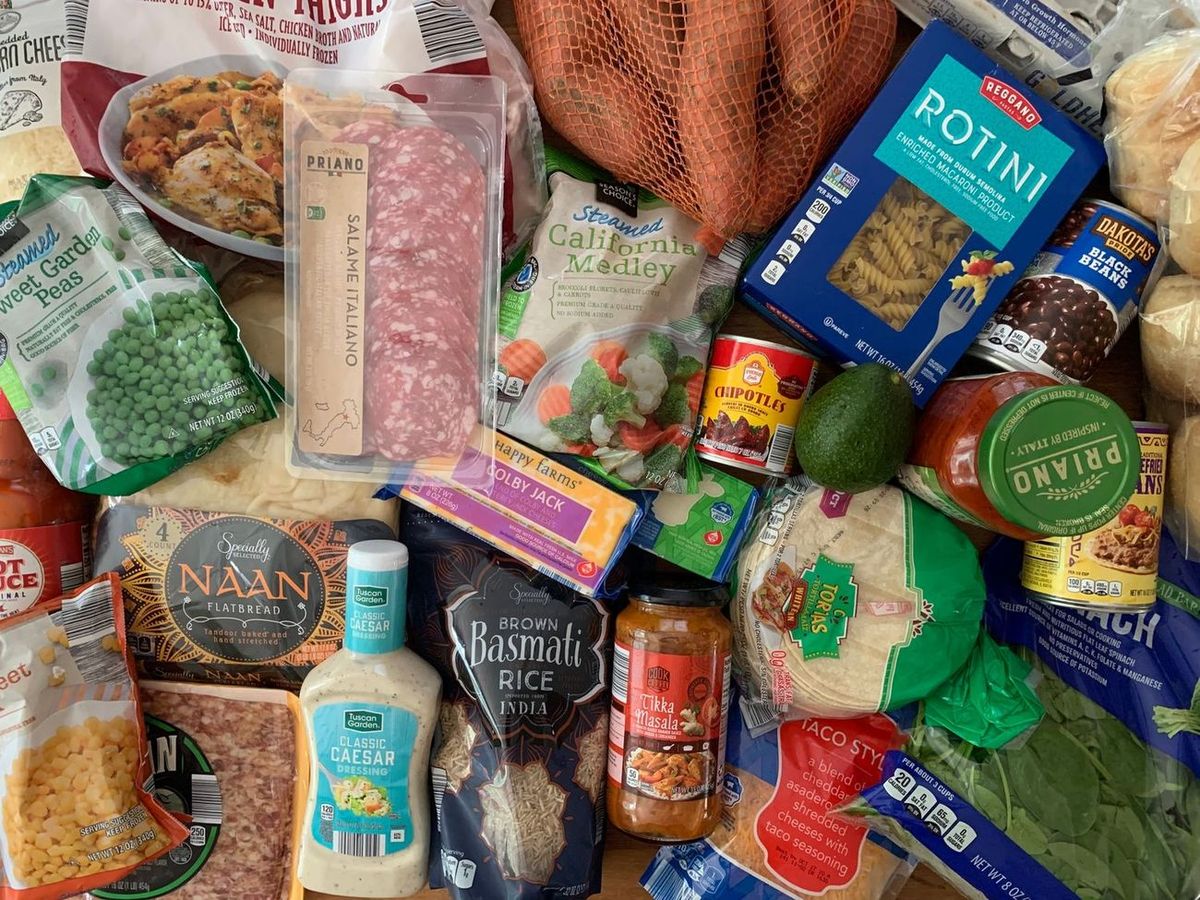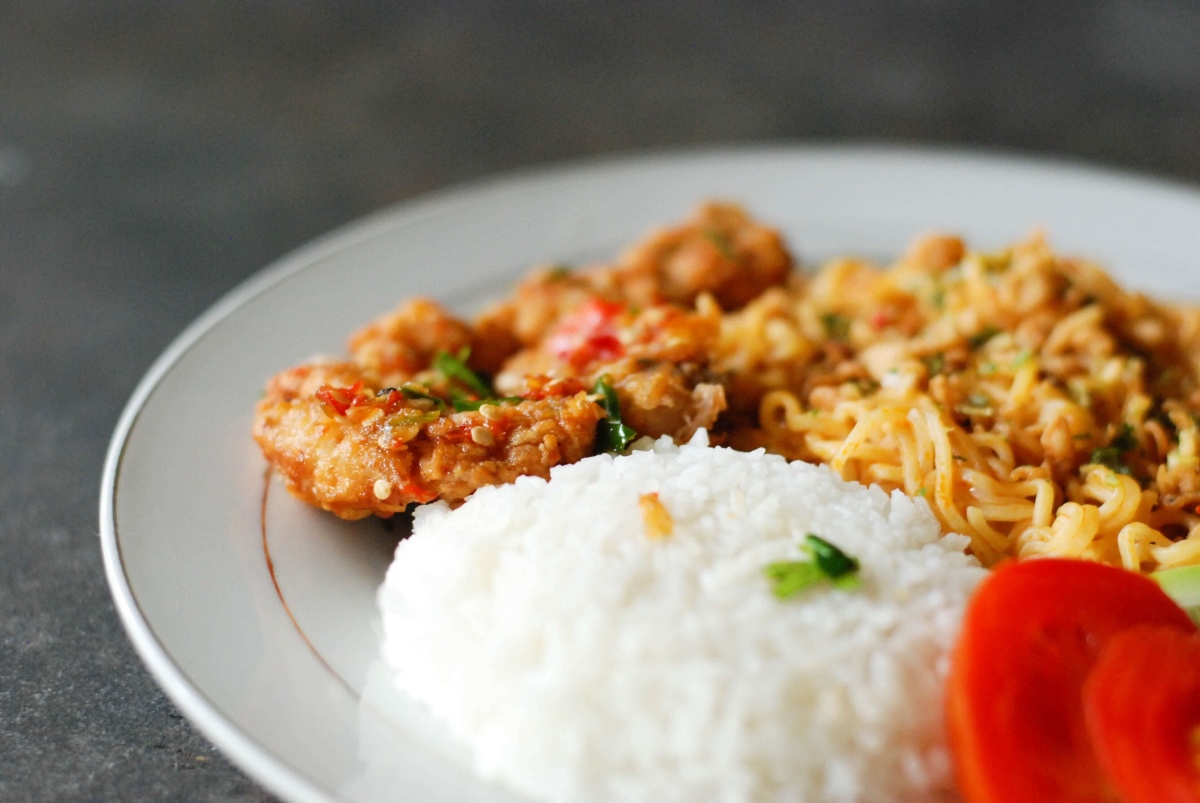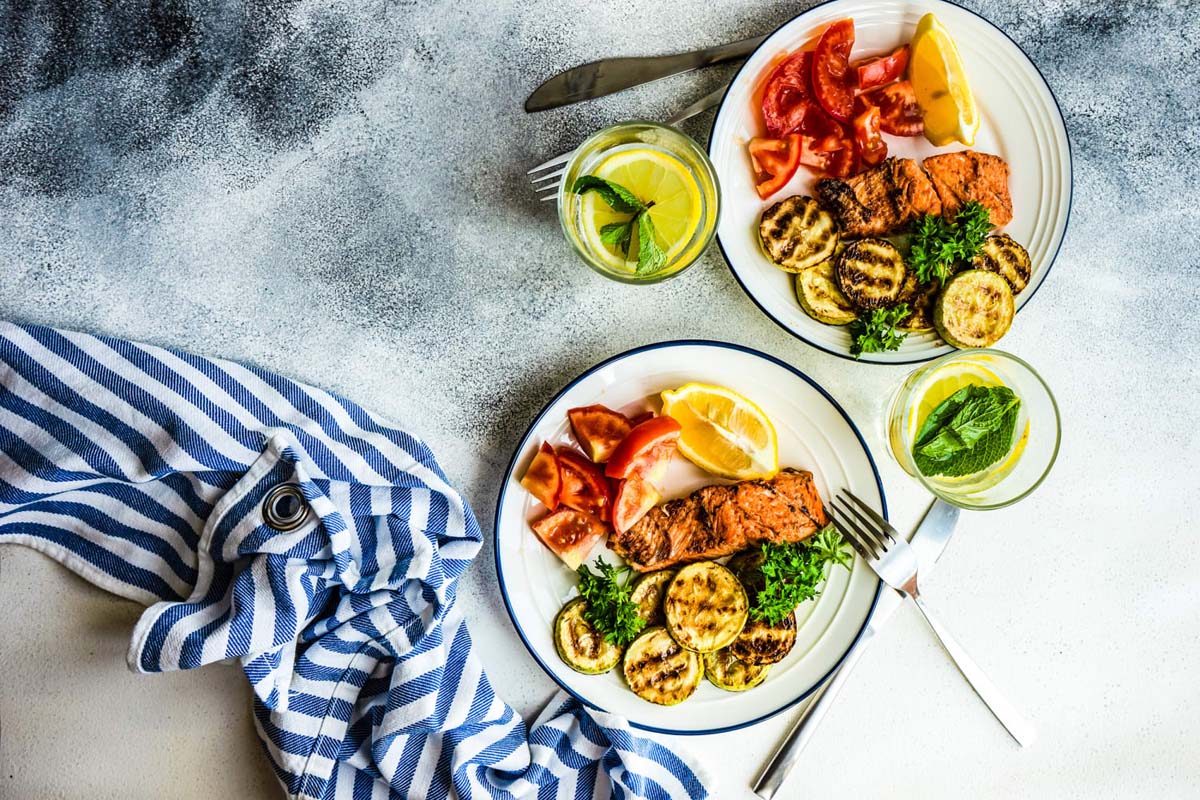Enjoy Your Food Without Feeling Sick
Are you tired of feeling nauseous every time you eat? It can be frustrating and uncomfortable to deal with the fear of throwing up after a meal. But fear not, there are ways to enjoy your food without feeling sick. By making some simple adjustments to your eating habits, you can minimize the risk of feeling nauseous and make mealtime a more pleasant experience.
Take It Slow
One of the most common reasons for feeling sick after eating is consuming food too quickly. When you eat too fast, you may not give your body enough time to properly digest the food, leading to discomfort and nausea. To avoid this, try to eat slowly and savor each bite. Chew your food thoroughly and take breaks between bites. This will not only help prevent nausea but also allow you to enjoy the flavors and textures of your meal.
Choose the Right Foods
Some foods are more likely to cause nausea than others. If you’re prone to feeling sick after eating, it’s important to be mindful of the foods you consume. Avoid greasy, spicy, or overly rich foods, as these can be harder for your body to digest and may trigger nausea. Instead, opt for light, easily digestible options such as fruits, vegetables, and lean proteins. These foods are less likely to cause discomfort and can help you feel satisfied without feeling sick.
Stay Hydrated
Dehydration can contribute to feelings of nausea, so it’s important to stay hydrated throughout the day. Make sure to drink plenty of water, especially before and after meals. Avoiding sugary or caffeinated beverages can also help prevent nausea, as these can sometimes irritate the stomach and lead to discomfort.
Manage Stress
Stress and anxiety can have a significant impact on your digestive system, potentially leading to nausea and discomfort after eating. Finding ways to manage stress and relax before meals can help minimize the risk of feeling sick. Consider practicing deep breathing, meditation, or gentle stretching to help calm your mind and body before sitting down to eat.
Listen to Your Body
Ultimately, the key to eating without throwing up is to listen to your body. Pay attention to how different foods make you feel and adjust your diet accordingly. If certain foods consistently make you feel sick, it may be best to avoid them or consume them in moderation. Everyone’s body is different, so it’s important to find what works best for you.
By incorporating these tips into your eating routine, you can minimize the risk of feeling sick after meals and enjoy your food without discomfort. Remember to eat slowly, choose the right foods, stay hydrated, manage stress, and listen to your body. With these simple adjustments, you can make mealtime a more pleasant and enjoyable experience.











